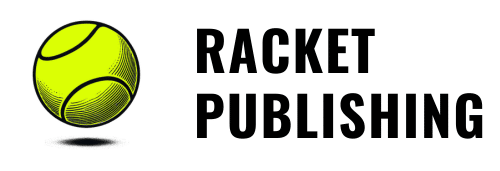The other day, I spoke with a potential client about publishing a book. During our conversation, he asked about the pros and cons of different publishing options available to authors these days. I get it. It can be confusing. He was a bit surprised when I revealed an oft-overlooked benefit of hybrid publishing.
When you work with a legacy publisher, you sign a contract in which you’re beholden to a schedule. Its schedule—not yours. If this situation sounds like a power asymmetry, trust your instincts. Miss a deadline, and you’ve breached the contract. Expect bad things to happen. Of course, should your acquisitions editor suddenly decide to move the goalposts, tough noogies. (Admittedly, it’s a rare occurrence, but it does happen. As you’d expect, authors are displeased.)
Hybrid Publishers
With hybrid publishers—especially hospitable ones, you’ve got much more flexibility. Odds are that, within reason, it can accommodate unexpected delays and schedule changes.
The operative phrase in the previous sentence is within reason. Communicated six months in advance, a one-month delay to a book’s pub date probably won’t matter all that much. Need a few extra days to handle a sickness or family situation? No problem. By contrast, a sudden demand to move up the pub date from August to April, however, probably won’t fly. As I explained to the prospect via Zoom, that’s because hybrid publishing and self-publishing are different kettles of fish.
Experienced publishing professionals typically aren’t waiting around for work.
In other words, with the latter, one person isn’t doing all of the work. Far from it. Outfits such as Racket rely upon a team of experts to publish professional books: editors, designers, proofreaders, indexers, and ebook conversion specialists. Those folks typically aren’t waiting around for work; they’re often booked months in advance.
What You Need to Know
As you consider your choice of publishing methods, be mindful of your dates and responsibilities—both personal and professional. If you’re unsure about when you want your opus to drop, you probably shouldn’t pursue traditional publishers or land a proper agent. And if you want your non-fiction book to look professional and possibly make an impact, eliminate self-publishing as an option.



0 Comments